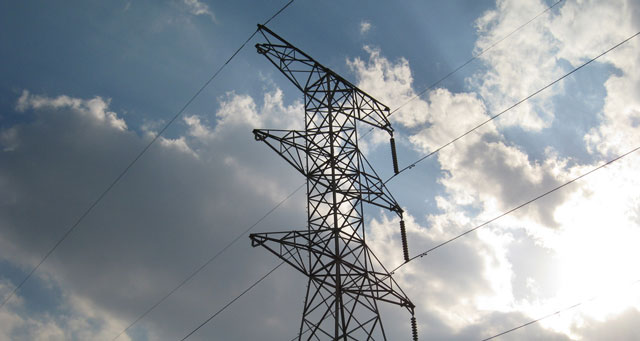
The deadlock in the Eskom wage negotiations has been broken following a 14-hour marathon wage negotiation process, averting a potentially costly strike for the already ailing South African economy.
Eskom spokesman Khulu Phasiwe said in a Facebook post on Friday that after the “14-hour marathon wage negotiation process that was brokered by the CCMA until the early hours of this morning, both NUM (National Union of Mineworkers) and Solidarity have signed a wage increase of between 8,5% and 10%, with the lowest paid workers getting a 10% pay rise for the this year”.
In the second year, all workers will receive a pay rise of 8%, he wrote.
He said Numsa has not signed the deal yet, but they have, in principle, accepted the settlement offer.
The NUM is also in the process of mobilising all its members to return to work, Phasiwe wrote.
The breakthrough comes after the CCMA stepped in on Wednesday to defuse the wage dispute between Eskom and the NUM, National Union of Metalworkers of South Africa (Numsa) and Solidarity.
This follows as Eskom on Tuesday obtained a court interdict against striking NUM members. NUM national spokesman Livhuwani Mammburu said the union was not aware of the interdict when it called a national strike, following its national shop steward council meeting on Tuesday.
Before Friday’s breakthrough, NUM already revised down its demand of a 12% wage increase to 10% for the lowest paid workers and 8,5% for the highest paid workers, said Mammburu. The housing allowance has also been revised down from R5 000 to R3 000.
Numsa was demanding a 12% wage increase across the board and a housing allowance of R4 000. But the union was open to negotiations, said Vuyo Bikitsha, electricity sector coordinator for Numsa. The union did not embark on strike action.
The utility also said on Thursday its operations had not been affected by the strike as 45 000 of its 47 000 workers had not downed tools.
NUM has 15 000 members at Eskom.
The stoppage at Eskom coincides with a strike over wages by around 15 000 workers in the petrochemical industry that has been going on since last week but has so far not caused any significant fuel shortages.




